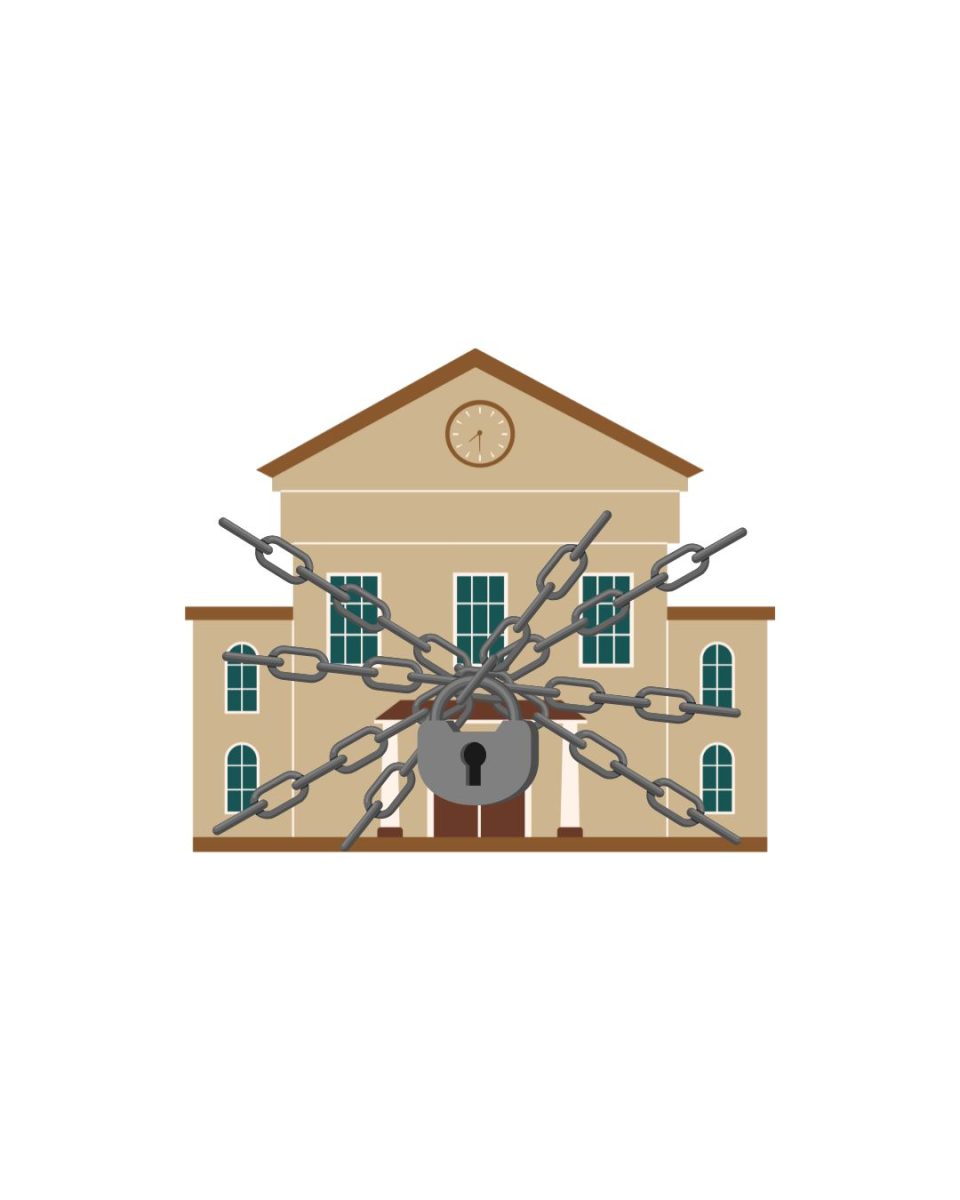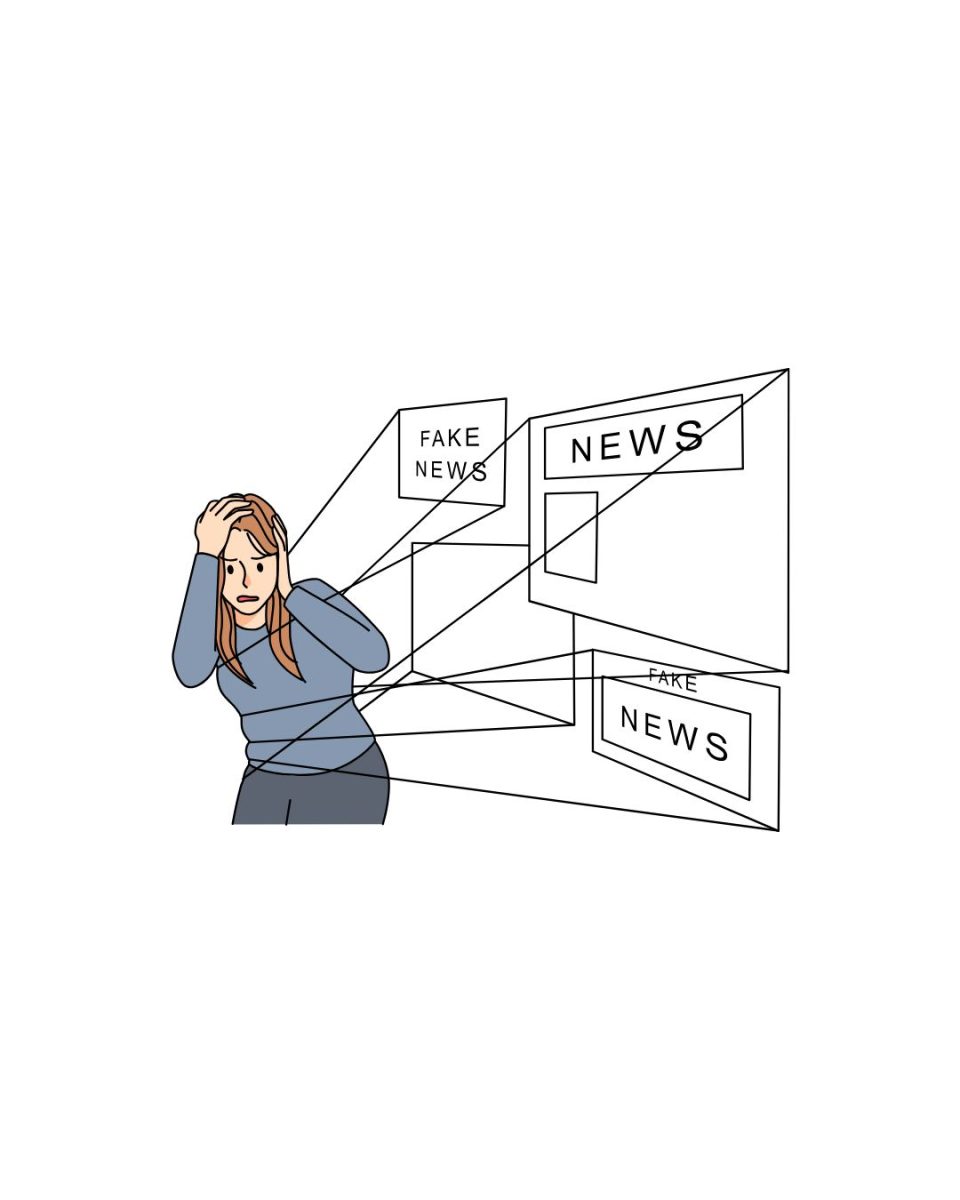Last week, Rowan University President Ali Houshmand sent an email to students reminding them that in the wake of the surprising 2016 presidential election results, their debates and discussions should be mindful of the many backgrounds from which Rowan students come from. Houshmand encouraged discussion, but noted that we should aim to do so respectfully.
In the days after this email, The Whit received a “Letter to the Editor” submission detailing the reasons why one parent didn’t much care for this email. A father of a Rowan student, he worried about the mentality of college students constantly in search of a “safe space,” and he cautioned that in the real world, these spaces seldom exist.
Since publishing that letter earlier this week, The Whit has received emails and comments, including a letter written in response to that parent, which we’ve also published.
Letters such as these are a far cry from how we normally exchange opinions with one another nowadays. More often than not, we take to our social media accounts rather than our community papers.
It is a complicated relationship between social media and content creators like those of us at The Whit. On one hand, social media platforms like Facebook and Twitter allow us to share what we’ve created and enjoy the feedback of others – often communicated through little thumbs up, or cute faces with bulging hearts for eyes. But on the other hand, as writers, many of us question the good which can come from the unsolicited, unedited conversation through a screen which is a Facebook or Twitter argument.
In smaller circles, the internet can be a place for true conversation and reflection. Support groups, book clubs and perhaps a forum or two are places people go to specifically to engage with those of similar interests. But on Facebook we aren’t deliberately sitting down to engage with others who are reading the same book as us, or taking the same spin class. On Facebook we’re just scrolling to pass the time, and we mostly feel compelled to make our own statement only from anger or disagreement.
Most of you will probably disagree with one or both of the letters that The Whit published this week. However, if you agree with the sentiments expressed therein or not, a respect should be had for the quiet dignity of taking the time to sit and write out an opinion, send it to the editors of a newspaper (college or not), and rely on their judgement as to whether or not the rest of the community should hear what you have to say. It would have been much easier for either of our readers to write an angry Facebook post, or send a stream of unhappy tweets.
Cliché as it may already be, it is worth acknowledging that we live in a time of great social division. Since this is the case, we should all look to the example of those writing to this paper and think critically about what we attempt to discuss online. Are these conversations productive? Do they contribute to the larger narrative being discussed, or are they merely shouts into open space provided to us by our phones and laptops?
We are thankful to all of our readers who care to engage with us and others on social media, and we are equally thankful for those who choose to write us letters to be considered for publication. As we continue to tread into troubled waters, we only ask that everyone begin to think more carefully about which avenue is appropriate at what time.
For questions/comments about this piece email [email protected] or tweet us @TheWhitOnline.



































































































































































































